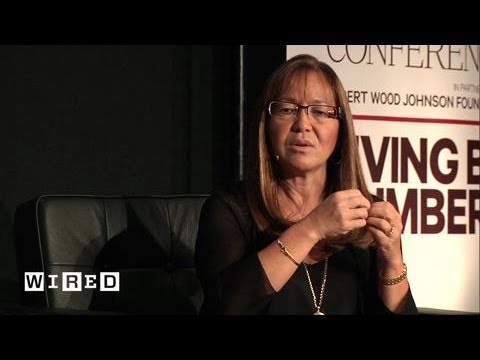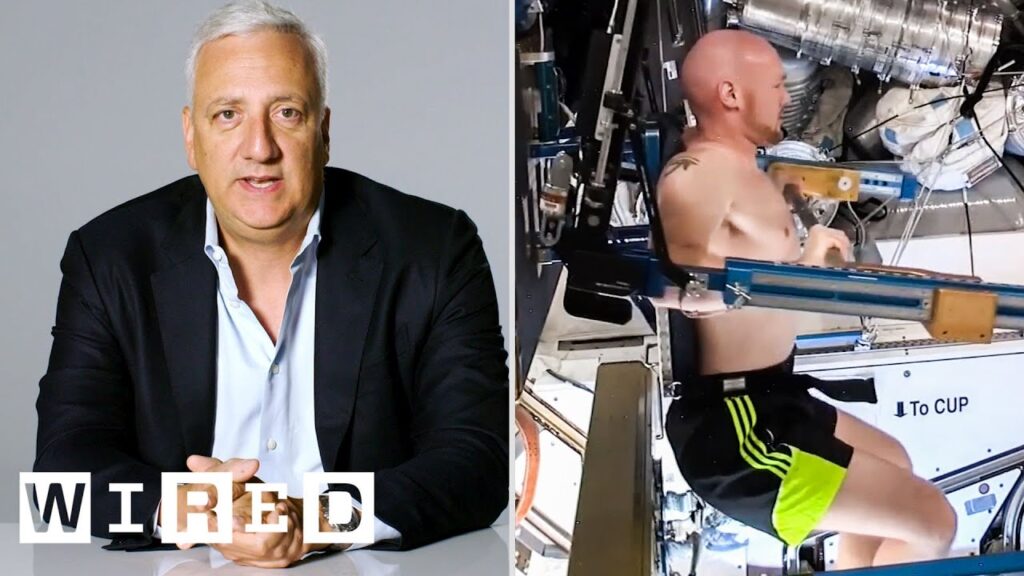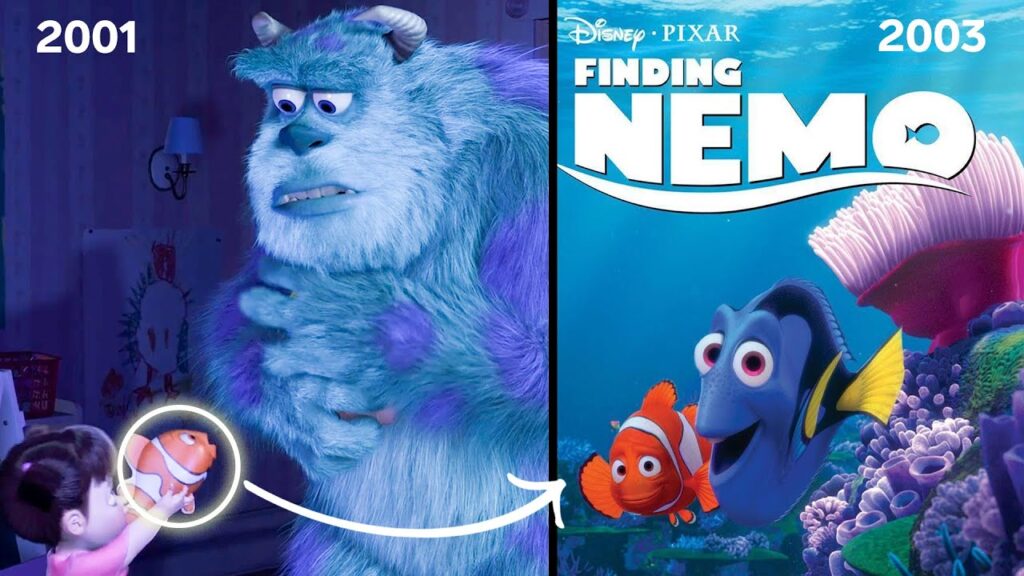The Importance of Noncommissioned Work for Creativity and Innovation
Summary
In this article, we discuss the importance of noncommissioned work for fostering creativity and innovation in the workplace. We explore a study conducted by Professor Teresa Amabile and her colleagues, where they found that noncommissioned works were deemed more creative than commissioned ones. We also give examples of companies that allow their employees to work on noncommissioned projects, leading to significant innovations.
Table of Contents
- Andre Geim and Konstantin Vassilo’s Nobel Prize-winning discovery
- What motivates artists and the importance of disruption
- The study by Professor Teresa Amabile and her colleagues
- Noncommissioned work in the workplace
- Examples of companies promoting noncommissioned work
- Conclusion
Andre Geim and Konstantin Vassilo’s Nobel Prize-winning discovery
Andre Geim and Konstantin Vassilo won the Nobel Prize in Physics 18 months ago for their discovery of graphene, a substance that is one atom thick and 70-80 times stronger than steel. Their breakthrough was made possible by disrupting traditional methods of isolating materials.
What motivates artists and the importance of disruption
Disruption is about giving people something they didn’t know they were missing, and artists give the world something they didn’t know they needed. Certain kinds of rewards in motivation, such as “if-then” rewards, don’t work well for creative tasks. An experiment by Teresa Amabile at Harvard Business School explores what motivates artists.
The study by Professor Teresa Amabile and her colleagues
Professor Teresa Amabile and her colleagues conducted a study where 23 artists randomly selected ten of their commissioned works and ten of their non-commissioned works. They then had a group of art experts evaluate the works without knowing which ones were commissioned or not. The results showed that the non-commissioned works were deemed more creative than the commissioned ones, even though both were rated similarly in technical quality. This was surprising because commissions are supposed to incentivize artists to be creative and innovative. Upon interviewing the artists, they revealed that constraints placed on commissions can hinder creativity beyond a certain point.
Noncommissioned work in the workplace
Noncommissioned work has also been shown to foster creativity and innovation in the workplace. Companies such as Atlassia and Intuit allow their employees to have a certain amount of time to work on projects that are not part of their regular job. This noncommissioned work has led to the creation of new products, improvements in processes, and fixes for existing software.
Examples of companies promoting noncommissioned work
Atlassian, an Australian software company, allows its employees to work on any project they are passionate about for 24 hours, known as “FedEx Days.” This noncommissioned work has led to the creation of new products such as JIRA, a project management tool. Similarly, Intuit, a financial software company, allows its employees to work on noncommissioned projects for 10% of their time. This has led to the creation of new products such as QuickBooks Online.
Conclusion
In conclusion, noncommissioned work is essential for fostering creativity and innovation in both the arts and the workplace. Companies that promote noncommissioned work and give their employees autonomy and the freedom to work on projects they are passionate about can lead to significant innovations. By removing constraints and allowing for disruption, individuals and organizations can achieve breakthroughs that were once thought impossible.






